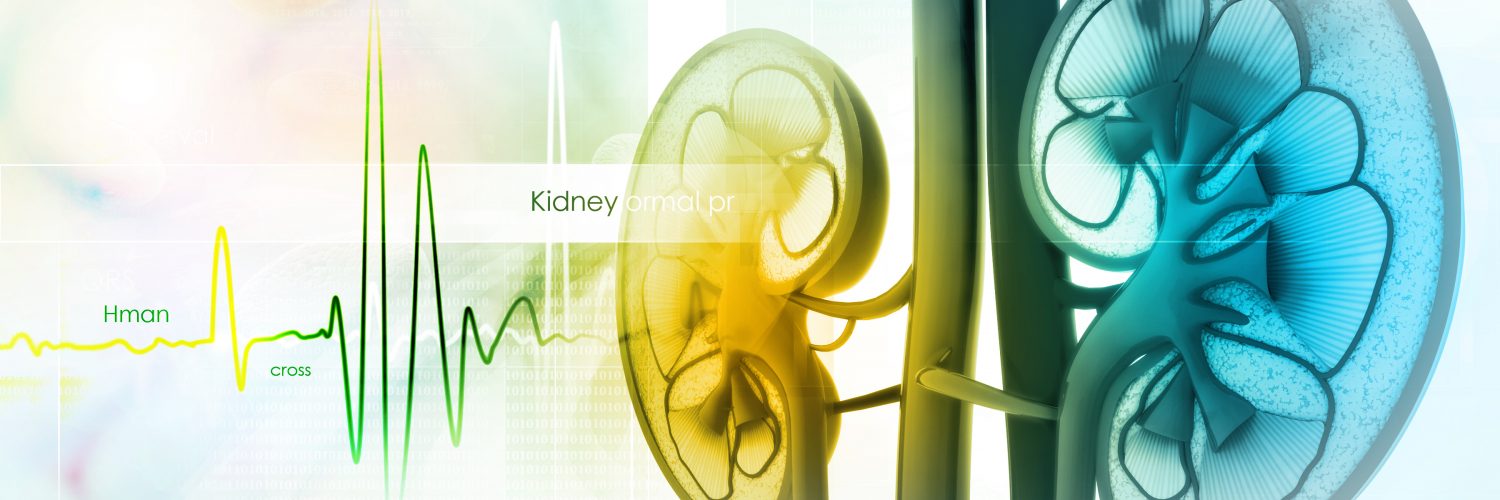Vayechi 5780
“The time approached for Yisrael to die, so he called for his son for Yosef, and said to him, ‘Please – if I have found favor in your eyes, please place your hand under my thigh and do kindness and truth with me – please do not bury me in Egypt. For I will lie down with my fathers and you shall transport me out of Egypt and bury me in their tomb. He said, ‘I personally will do as you have said.’
(Bereishis 47:29-30)
This week’s Parsha describes the death of Yaakov Avinu and Yosef’s faithful adherence to his instructions regarding his burial in Eretz Yisrael. Anybody who has suffered the loss of a family member, Rachmana Litzlan, will know that immediately following the death, a great responsibility rests on the shoulders of family members to honor the Niftar. This includes making funeral and burial arrangements and attending to numerous other matters.
The Mishna in Brachos (3:1) rules that somebody who is occupied with honoring the dead is exempt from all of the Mitzvos in the Torah. Some Rishonim explain that this exemption itself is a form of honor for the deceased, as their relatives are forced to set aside their own affairs order to attend to the needs of the Niftar.
An important aspect of this Mitzvah is to ensure that the body is not disgraced in any way (“Nivul haMeis”). For this reason, the Niftar should be buried on the day of death and not left overnight, and must be transported in a respectable fashion (and not on the back of a donkey, for example). It is also forbidden to perform Mitzvos in front of the dead body for as it is considered mocking[1], since he no longer has the ability or opportunity to perform Mitzvos.
In this essay, we will examine the issue of using the organs of a dead person[2]. Specifically, is it permitted to derive benefit from a dead body? Do the organs require Kevura (burial)?
In cases of Pikuach Nefesh, it is permitted to derive benefit from items that are usually Issurei Hana’ah (unless the Issur involves any of the three grave sins – sexual immorality, idol worship or murder[3]). Therefore, although it is usually forbidden to benefit from a dead body, Pikuach Nefesh is an exception and the organs from a dead body may be used to save another person’s life.
What is the Halacha regarding cadaveric transplants when there is no Pikuach Nefesh is involved (such as corneal transplantation)? Would that be forbidden because of the issue of deriving benefit from the dead?
A number of Poskim have discussed this question. One original approach was offered by Rav Isser Unterman zt”l (Chief Rabbi of Israel, 1964-72), who argued that transplanting an organ should not be considered “having benefit from the dead”, as the organ is transplanted into the living recipient and becomes “alive” again, lifting the prohibition to benefit from a “dead” organ. Therefore, the recipient is not considered to be benefiting from the deceased donor.
Rav Shlomo Zalman Auerbach zt”l (Minchas Shlomo 2:84), in a letter to Rav Unterman, agreed wholeheartedly with his reasoning, though he raised the question of whether the transplant itself should perhaps be considered “deriving benefit from the dead”, since it transforms the forbidden organ into a permissible object.
Rav Unterman’s approach may well impact our second question as well. There is a Mitzva d’Oraisa to perform Kevura of a dead body[4], including all of its limbs. Clearly, transplanting the organs of a dead person into a live one abrogates the Mitzva of Kevura. Why then is it permitted? The Nishmas Avraham (Y.D. 349[5]) cites Rav Yehoshua Neuwirth zt”l who suggested that, according to Rav Unterman, the organ that has been transplanted is no longer “a dead organ” and there is therefore no obligation to bury it!
However, Rav Shlomo Zalman did not agree that Rav Unterman’s logic could be applied to the question of Kevura. In a letter to Professor Avraham, he argued that while it is not considered benefit from a dead body since the transplanted organ is now alive, as far as the Mitzva of Kevura is concerned, there was surely an obligation to bury the organ as soon as the person died. How are we permitted to nullify the Mitzva by instead transplanting it into the recipient?
Rav Shlomo Zalman’s logic in this area is truly fascinating. Burning or otherwise destroying an organ instead of burying it would certainly be considered Bittul Mitzvas Kevura. However, if the organ is transplanted and thereby revived inside another person, why don’t we say that the very idea of Kevura (which is to bury the dead) disappears? If a person were to die (thus obligating us in Kevura) but then resuscitated, it would certainly not be considered Bittul Mitzvas Kevura! Why is returning an individual organ to life any different?
The answer may be that in the case of organ transplant, the organ returns to life inside another body, whereas the original body remains dead. Therefore, organ transplant cannot be described as “returning to life” but as “gaining a new life” in a new body. This act of transplant eliminates the possibility of performing the Mitzva of Kevura. The resuscitation of a person, by contrast, is an act of “returning someone to life” which obviates the need for Kevura.
[1] “Lo’eig laRash Cheireif Oseihu” (Mishlei 17:5)
[2] Commonly, the halachic discussions of organ transplantation are about the determining of the moment of death and whether we require a donor’s consent (before his death) in order to harvest his organs.
[3] See Pesachim 25a and Rashi ad. loc.
[4] See Yabia Omer 3, Y.D. 22 for the various opinions in this Sugya and the ramifications for the discussion at hand.
[5] Volume 2, page 526 (page 262 in the first edition)












Add comment